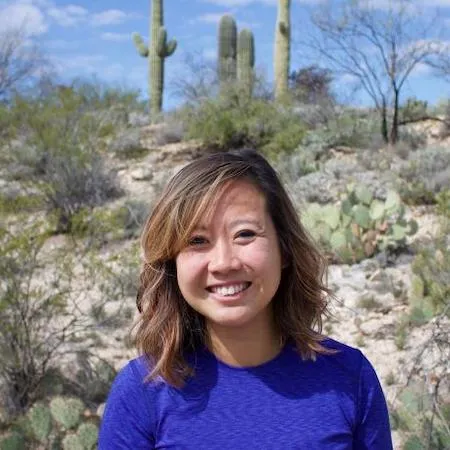Systematic evidence synthesis (e.g. systematic maps, systematic reviews, and evidence gap maps) is becoming a valuable tool for evidence-based decision making in conservation to uncover and describe the evidence base on impacts using a standardized and unbiased approach. However, comprehensiveness can also come with high effort load for both researchers and end-users as they comb through large corpuses of information. In this talk, I will discuss how technological approaches such as machine learning, natural language processing, and data visualization can provide increased efficiency, accuracy, and utility for improving the review process as well as increasing knowledge uptake for decision-making in conservation.
Presenters

Samantha Cheng
Dr. Samantha Cheng is a biodiversity scientist at the Center for Biodiversity and Conservation at the American Museum of Natural History. She is an interdisciplinary conservation scientist whose research draws from the biological, social, and computer sciences to understand connections between nature and human well-being in global coastal communities; to understand the drivers of marine biodiversity; and to build tools and assessments for evidence-based conservation decisions. She has also worked extensively in the policy sphere—partnering with government agencies, conservation non-profits...

Samantha Cheng
Dr. Samantha Cheng is a biodiversity scientist at the Center for Biodiversity and Conservation at the American Museum of Natural History. She is an interdisciplinary conservation scientist whose research draws from the biological, social, and computer sciences to understand connections between nature and human well-being in global coastal communities; to understand the drivers of marine biodiversity; and to build tools and assessments for evidence-based conservation decisions. She has also worked extensively in the policy sphere—partnering with government agencies, conservation non-profits, multilateral institutions, and foundations to systematically evaluate the impact of conservation on ecological and social outcomes. Samantha currently runs two online, open access tools to facilitate assessing and accessing evidence for conservation decision making: 1) Colandr (www.colandrapp.com), a machine-learning assisted platform for evidence synthesis; and 2) The Evidence for Nature and People Data Portal (www.natureandpeopleevidence.org), an interactive exploration portal for evidence on links between nature and people.